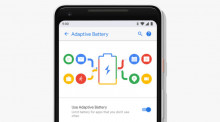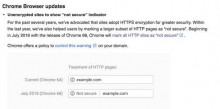“P is for Power”—Android engineers talk battery life improvements in Android P
With the last version of the Android P Developer Preview released, we're quickly heading toward the final build of another major Android version. And for Android P—aka version 9.0—battery life is a major focus. The Adaptive Battery feature will dole out background access to only the apps you use, a new auto brightness scheme has been devised, and the Android team has made changes to how background work runs on the CPU. All together, battery life should be batter (err, better) than ever.











































































